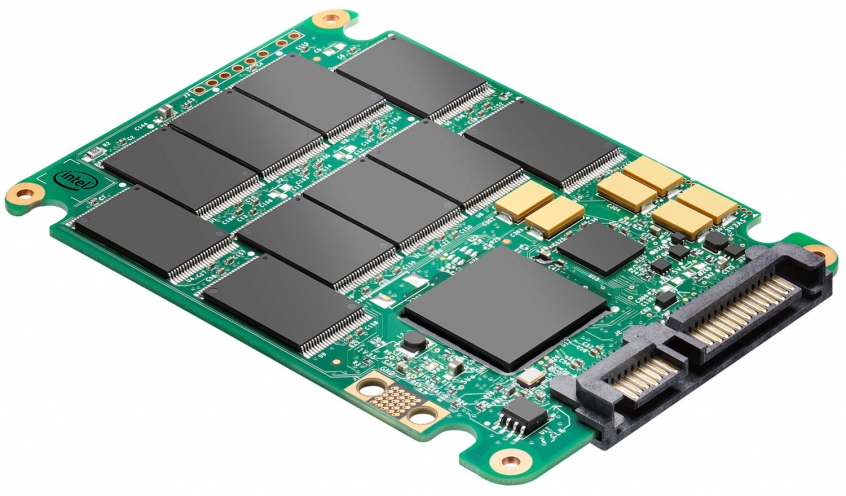Current disadvantages include:
- High Price when compared to standard hard disk drives
- Capacity – currently most notebook manufacturers offer, at most, a 64GB SSD drive
- Limited write cycles
- Slow random write speed – about 4X slower than hard disk drives
Obviously, devices with solid state memory are not a new thing. MP3 players, USB flash drives, and digital camera memory cards have been around for quite sometime now. From a data recovery perspective, we have been recovering flash-based products for years, but what makes the adoption of SSD drives worrisome is that consumers think their data is much more safe now that they have a storage medium with no moving parts. This, however, is not the case. SSD’s have higher vulnerability to some defects that typical hard drives are not as vulnerable to, including abrupt power loss, magnetic fields and electric charges compared to normal HDDs which are stored inside a Faraday cage. Also, the fact the SSD’s have a limited number of write cycles, the ability to write to the device will eventually wear out, thus leading to potential data loss. With new Operating systems such a Windows Vista, use of the storage medium for certain tasks become even more taxing for the device. Vista makes much more use of the swap file due to increased memory requirements and is also constantly indexing files for faster searching which in turn increase the usage of the main storage medium. Can SSD’s stand up to Vista’s constant reading and writing ?
As we have seen in the past, most electronic problems with SSD based devices do not affect the actual memory chips themselves. However, in our experience, when something does go wrong with the flash chip there is nothing that can be done to save the data, whereas electrical problems with hard disk drives are much more easily repaired.
Moral of the story: Backup your data, no matter what you store it on.
Reference: http://www.flashbackdata.com/solid-state-drives-and-data-recovery/


